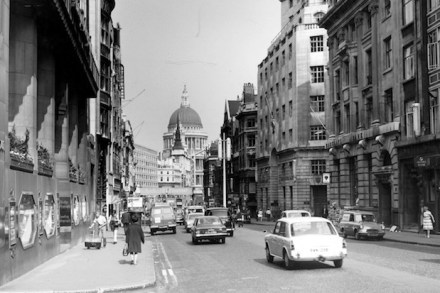Fleet Street’s ‘wild Irish girl’
In her early days on Fleet Street, Mary Kenny, as she herself admits, was cast as ‘the wild Irish girl’, and did her best to live up to it. She held her own with the drinkers at El Vino’s, gave new meaning to the phrase ‘talking about Uganda’ when discovered in flagrante with an African


